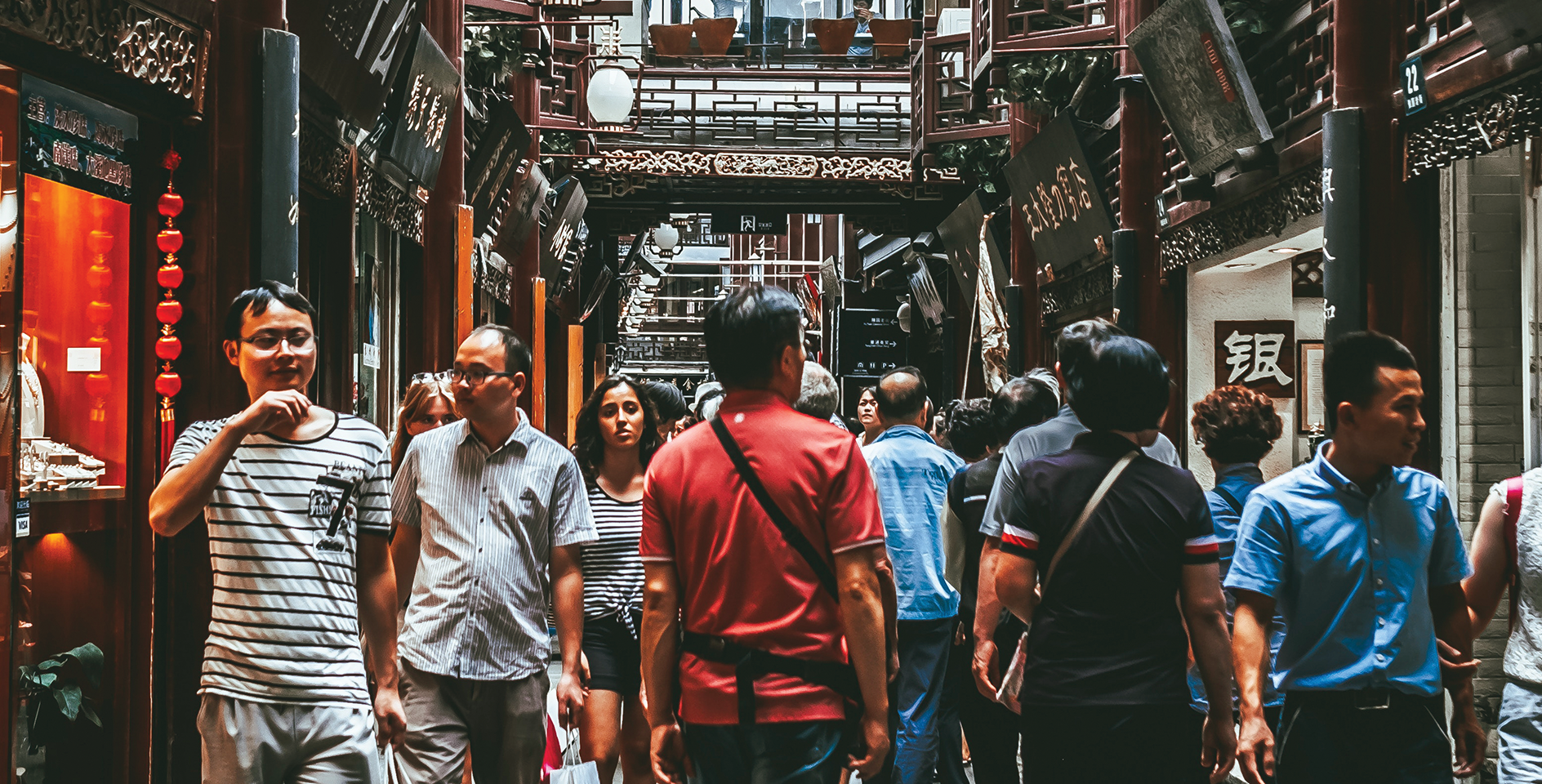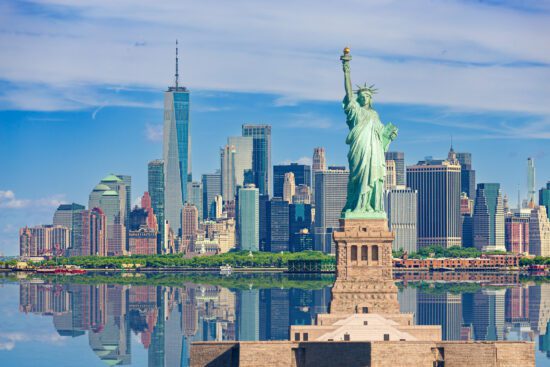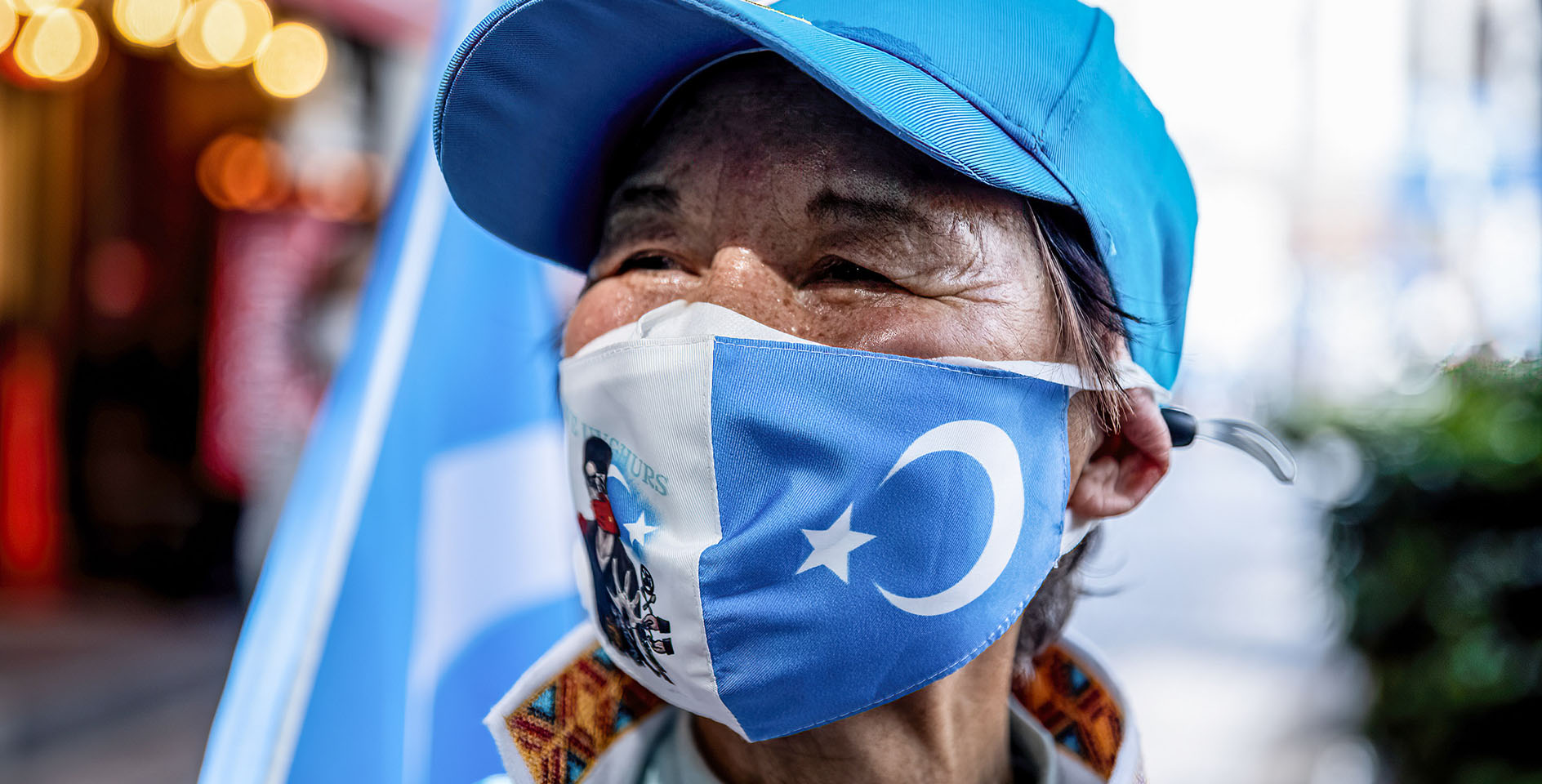Chelsea Patterson Sobolik from our policy team in D.C., recently interviewed Hudson Institute’s Nina Shea on the current human rights situation in China. They discussed the persecution of Christians and other religious minorities, the widespread use of technology, and how the U.S. can leverage their trade relationship to see change in the country.
Chelsea Sobolik: Can you give us an overview of the human rights situation in China over the past five years?
Nina Shea: Since the cultural revolution, religious tolerance has waxed and waned, though never has there been religious freedom as we know it in the United States. Sometimes persecution has been very bad, like right after Tiananmen Square, and sometimes it’s eased. In the last two or three years, it’s taken a reverse turn to the point where I fear for the continuation of Christianity in China. It was on the trajectory of being one of the world’s largest Christian communities. And now, I’m wondering if it can survive as a true Christian religion at all.
CS: What accelerated that change over the past few years?
NS: I think that there was a growing boldness on the part of President Xi and his determination to get control of Christianity. At one point, Christianity was said to have more members than the Communist party, and they were viewed as a challenge to the single-party Communist state. They don’t want any ideological competition or anything independent of their control. They want to control organization, speech, and association, so they didn’t like the fact that Christianity was blossoming exponentially and largely doing so outside government control.
We’ve seen Beijing crackdown against the Falun Gong, an indigenous Chinese spiritual exercise movement. The group claimed to have had about 30 million followers. They were completely crushed inside China in the 1990s. China is quite capable of using the most brutal means to crush movements it doesn’t like, whether political, religious, or cultural.
CS: How is that playing out right now?
NS: We’re now seeing extreme levels of crude repression again directed against the Uyghur and Kazakh Muslims of China. A million Muslims have been confined to indoctrination camps [located in] the desert in western China. They are tortured, psychologically abused, and enslaved. They can’t leave, and they have no due process. They’re forced to renounce their belief system and act in a way that’s contrary to it, by being forced to drink alcohol and eat pork. China is ready to use the most brutal means, but they are reluctant to do so to a large extent with Christians because Christians have a stronger tie to the West and to countries with large markets, particularly the United States. They are more in the spotlight. Instead of using the most iron-fisted means toward Christians, China will turn to more restrictive regulatory and big tech measures to pressure its Christian communities.
CS: Can you touch a little bit on the surveillance state and how China is using technology to persecute religious minorities?
NS: China is using its own internet to censor people. They’ve gone to underground churches and attached facial recognition cameras to the pulpits, aimed on the congregations. They are keeping track of who’s going to church. They have technology that opens social media on cell phones without passcodes. They track how much people exercise through their cell phones, and then limit their healthcare based on that. They are instituting a social credit score system which will score you on where you go, what you believe, what you’re reading, and who you’re meeting with. And those with low scores are excluded from government-run operations, such as government jobs, transportation, schools, housing, pensions, and every other benefit in healthcare and education in general. They have banned Bible sales online. They have signs outside of churches saying that pensioners will lose their pensions if they attend church services. Youth are forbidden from attending church as well, and they and their families will be punished for violating this, both with fines as well as being cut off from government schools and other services.
CS: What has been the response of the international community?
NS: Unfortunately, the world is just awakening to this looming threat. The Chinese have been envisioning this now for a while, at least since President Xi. This is his vision. It frightens me because it’s like a high-tech North Korea. He’s replacing Jesus Christ’s picture in churches with his own. His sayings are being sent to people on their phones. There’s a cult forming around him. This will be a threat to all around the world. Vice President Pence spoke about this threat in October 2018 at the think tank where I am a scholar, the Hudson Institute. Europe is just now beginning to recognize it. Other countries are not. I know the Taiwanese are very concerned about their future, independence, and sovereignty. So Xi’s quest for control is bigger than just an attack against Christians, but that’s certainly a piece of his plan.
CS: What has been the response of Western Christians?
NS: I don’t think that Western Christian churches realize the full extent of China’s aims to control and suppress religion and their newfound capabilities to carry this out. Christians here may be lulled by assurances that China has been set to be the largest Christian church in the world. They were right to project that for years, but Beijing is working to reverse this. Megachurches are no longer being tolerated, and many large underground churches are being closed. It is a shock to the system for even the Chinese Christian community that robust churches comprised of good citizens of China and which were tolerated for several years—like Zion Church in Beijing and Early Rain Covenant Church in Chengdu—were abruptly shut down last year, and their pastors and congregations were punished.
CS: What can the U.S. be doing in terms of bilateral trade with China to prioritize human rights?
NS: The U.S. has awakened, but it’s only willing to speak up on trade and defense issues with China. There has to be a third “basket,” as we called it during the Cold War under the Helsinki Final Act, a human rights category of discussion, and maybe even one specifically on religious freedom. This would empower Chinese people to claim their fundamental rights and freedoms.
CS: How do we move from where we are today to incorporating that human rights component in trade discussions on the world scale—starting with our own country, but then elevating that a little broader, too?
NS: I think that we can take a lesson from the way China has tried to hide its human rights abuses. With the Uyghurs, China tries to cover it up, saying these are just vocational training camps, not re-education camps. So it lies out of shame, which indicates that it sees it is in its own interest not to appear as a repressive, totalitarian state that deprives its people of all rights. That suggests a strategy for us to move forward. The more we can expose and bring to the surface China’s oppression, the more that China will feel pressed to pull back. Western criticism hurts their brand. China aims to be the new political model for the future—a highly efficient, high-tech, expansive economic system, and at the same time, a highly repressive political system. The more that we can show what a dystopia it is, the more that the China model is discredited.
CS: What can the U.S. be doing in terms of our multilateral engagement at the UN Human Rights Council and the Security Council, pressing the UN to act a little bit more at the international level?
NS: Well, it would be tough because China is a member of the UN Security Council, so it would veto anything at that level. And the UN Human Rights Council is severely compromised and politicized. The best route would be for a coalition of the willing in the West to speak up about religious freedom and other basic human rights, since China is very eager to have access to Western markets. A coalition of Western governments must begin to press for basic religious freedom right now, and this topic should be included in the talks that the U.S. is holding on trade and defense. Trade and religious freedom should not be isolated initiatives separate from each other, and the U.S. should not be the only government raising human rights. China’s crackdown, including through technology owned, sold, and invented in the West, is a very big problem, and it’s bigger than any single country can take on.
CS: What can the U.S. do to get the developing world, which China has such a strong influence over through trade, to speak up on human rights abuses and violations?
NS: Frankly, the developing world can’t do that much. Those countries don’t have a strong voice, and will be crushed or isolated by China. It’s very hard for them to stand up, which is why we need to take the lead. So, we should continue giving aid to Africa and elsewhere, and building relations with developing countries so they don’t fall into China’s orbit.
Nina Shea serves as the director of the Center for Religious Freedom at the Hudson Institute.
This article originally appeared in Light Magazine.










